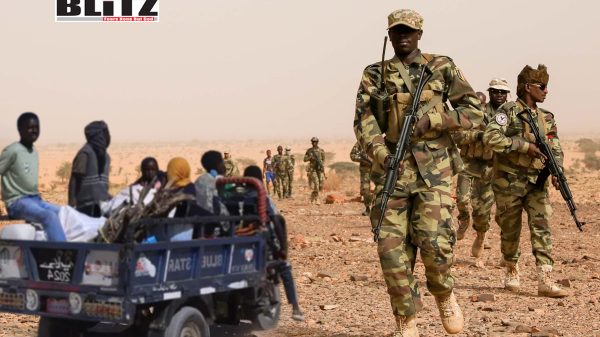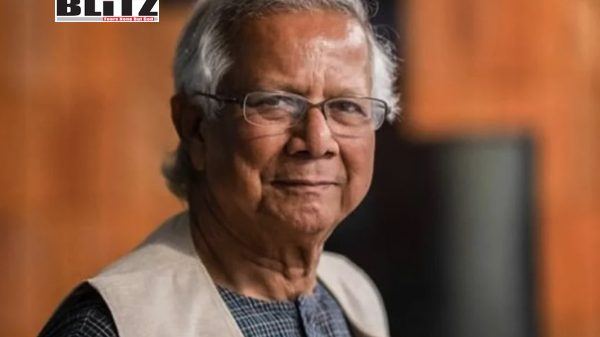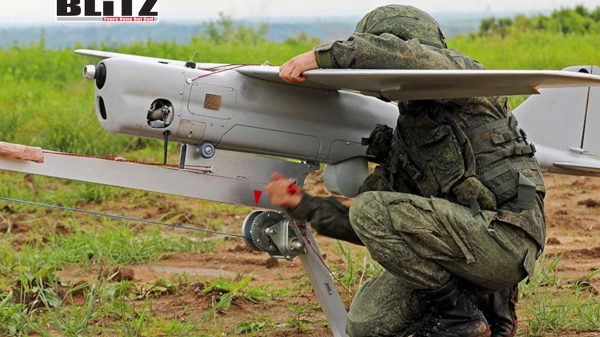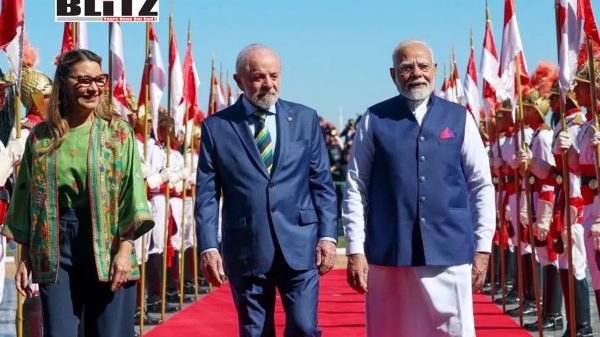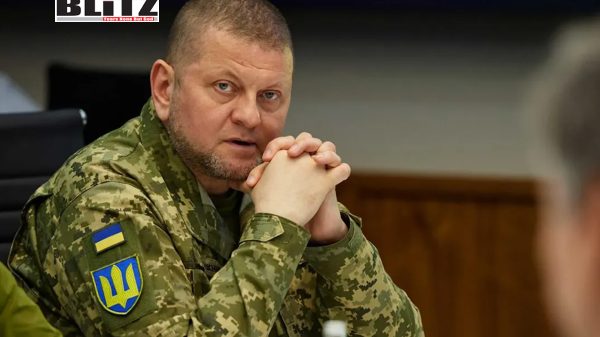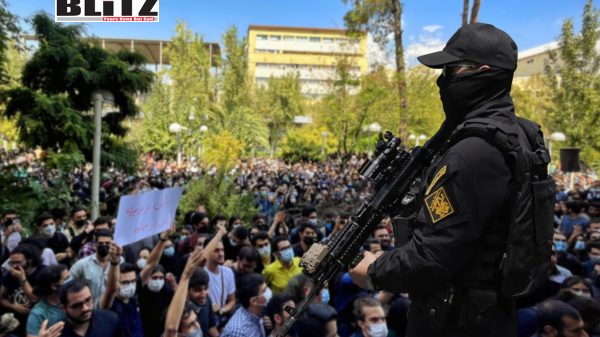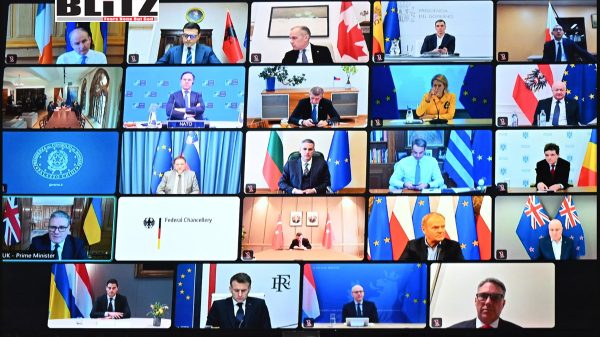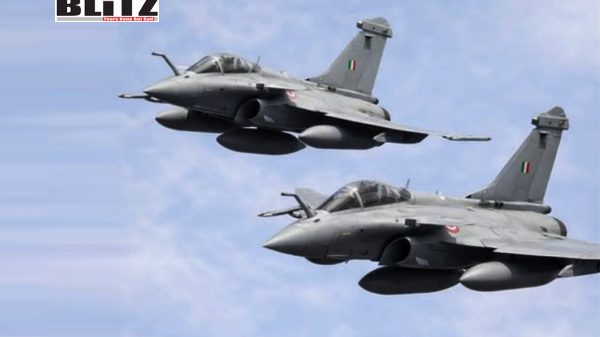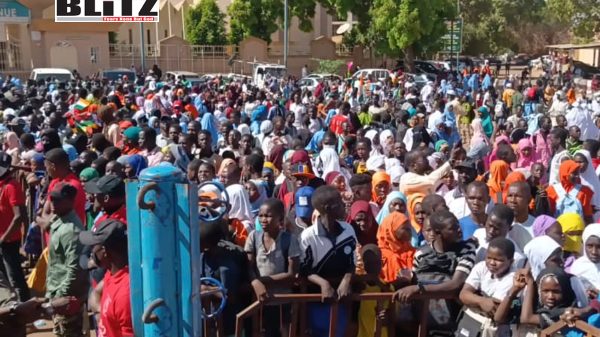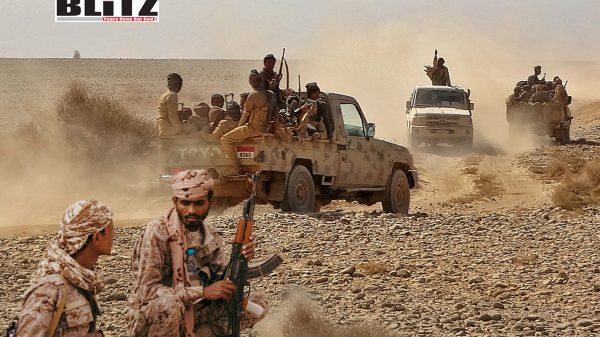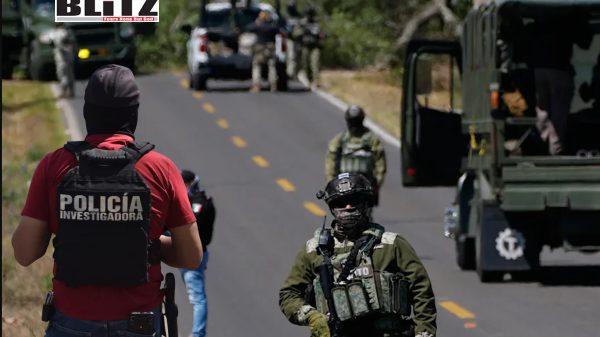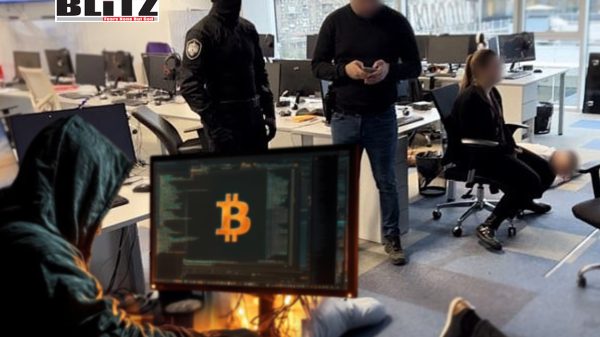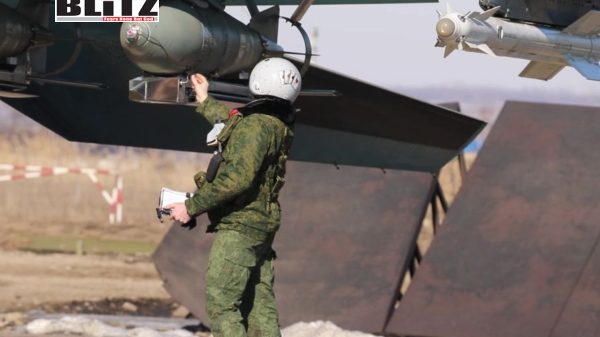US enhances nuclear commitment to South Korea
- Update Time : Friday, November 1, 2024
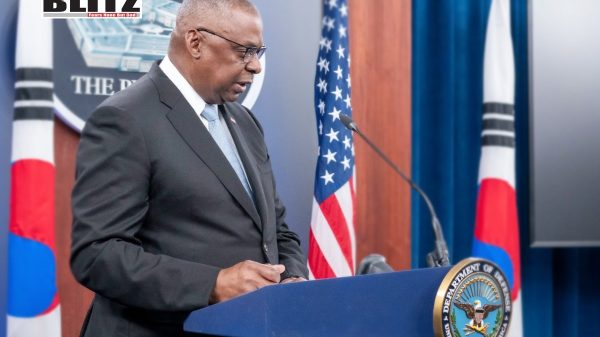
In a firm declaration of defense readiness, US Defense Secretary Lloyd Austin reaffirmed Washington’s commitment to supporting South Korea with nuclear capabilities as tensions on the Korean Peninsula reach new heights. The assurance follows reports of North Korea’s intercontinental ballistic missile (ICBM) test on October 31, which Pyongyang claimed was a defensive response to joint military drills between South Korea and the United States.
In a joint briefing with South Korean Defense Minister Kim Yong-hyun, Austin underscored the “ironclad” nature of the US-South Korea alliance, characterizing it as “an unequivocal nuclear-based alliance.” Austin’s remarks indicated that Washington would not hesitate to extend both nuclear and conventional military capabilities to Seoul in the event of a threat from Pyongyang. Austin also detailed plans to escalate US-South Korean military cooperation, including the resumption of large-scale joint exercises.
“I assured Minister Kim today that the United States remains fully committed to the defense of the Republic of Korea (ROK) and that our extended deterrence commitment remains ironclad,” Austin stated. “That commitment is backed by the full range of America’s conventional missile defense, nuclear, and advanced non-nuclear capabilities.”
Austin’s comments reflect a broader shift in US military policy, as Washington aims to demonstrate to its allies in East Asia that the US will not back down in the face of growing regional security threats. The renewed defense pledge also comes as North Korea doubles down on its commitment to bolster its nuclear arsenal, a move that has stoked fears of a potential arms race in the Asia-Pacific region.
Only hours after Austin’s announcement, reports emerged that North Korea had conducted an ICBM test over the East Sea. North Korean leader Kim Jong-un confirmed the launch, describing it as a measured response to what he termed “the enemies’ dangerous nuclear alliance-strengthening maneuvers and various adventurous military activities.”
In a statement issued by state-run news agency KCNA, Kim declared that North Korea “will never change its course of strengthening its nuclear arsenal” and reaffirmed Pyongyang’s intent to prioritize military self-defense in the face of what he perceives as “aggressive” joint drills by the US and South Korea. The North’s missile test adds to a series of escalatory moves, including the recent demolition of roads and railways connecting the two Koreas, which Pyongyang initiated as a means of severing potential ground invasion routes.
In response to North Korea’s increasing military activity, the Pentagon is reinstating full-scale joint exercises with South Korean forces, which had been scaled down in recent years. Austin’s announcement that the two allies would return to “large-scale exercises” is a signal of Washington’s intent to reinforce deterrence and enhance “combined readiness and interoperability” with South Korean forces.
The decision to reinstate large military drills has sparked predictable backlash from Pyongyang, which routinely condemns such exercises as precursors to a potential invasion. For years, North Korea has pointed to US-South Korean military drills as justification for its nuclear and ballistic missile programs, which Pyongyang asserts are necessary for its own protection.
North Korea’s recent moves are not limited to regional provocations; they also carry potential implications for the global stage, particularly as Washington accuses Pyongyang of deepening military cooperation with Russia. According to the Pentagon, North Korea has reportedly deployed 10,000 troops to Russia, ostensibly for training exercises and potential participation in the ongoing conflict in Ukraine.
While neither Moscow nor Pyongyang has explicitly confirmed these reports, Russian President Vladimir Putin did acknowledge the existence of a military cooperation treaty with North Korea, leaving the door open for further engagement. “Whether this entails more than joint drills and training is up to Russia and North Korea and no one else,” Putin remarked when questioned about the alleged troop deployment.
The reports of North Korean troops assisting Russia have raised concerns within NATO and other Western alliances, who view the potential alignment of North Korea and Russia as a destabilizing force in an already fragile global landscape. Pyongyang’s support of Moscow could complicate international efforts to curtail North Korea’s nuclear ambitions, as Russia might be in a position to offer diplomatic cover for Pyongyang in the United Nations Security Council.
The US decision to expand nuclear support to South Korea underscores the difficulties inherent in maintaining a stable balance of power on the Korean Peninsula. As Pyongyang continues to enhance its missile capabilities, Washington’s reliance on nuclear deterrence has become more complex, with critics arguing that an overly aggressive stance could further antagonize North Korea and potentially trigger an arms race.
Experts caution that reinforcing South Korea’s nuclear deterrent may prompt Pyongyang to accelerate its own nuclear weapons development, a scenario that could lead to higher tensions and diminish the prospects for diplomatic engagement. Attempts at negotiating a peaceful resolution have repeatedly fallen through over the past decade, and the current situation suggests a low likelihood of successful diplomacy in the near term.
Despite the recent escalation, some analysts argue that a diplomatic solution is still possible, albeit difficult. China and Russia, both of whom have significant influence in North Korea, could play key roles in de-escalating tensions, but Beijing and Moscow have been reluctant to pressure Pyongyang too strongly, often citing US-led military activities as aggravating factors.
In Washington, opinions are split regarding the best course of action. Proponents of nuclear deterrence argue that a show of force is necessary to deter Pyongyang from taking further aggressive steps, while others suggest that the US should prioritize diplomacy and attempt to open backchannels with North Korea to reduce tensions. However, the challenge remains that Pyongyang has shown little interest in dialogue, especially as it perceives a growing threat from the US-South Korean alliance.
The recent developments on the Korean Peninsula highlight the intricate and often precarious nature of nuclear diplomacy in the Asia-Pacific. As the US strengthens its nuclear commitment to South Korea, North Korea’s defiance has reached a new peak, with Pyongyang adopting a hardened stance on its nuclear ambitions and military policy.
With the peninsula on edge, the coming months may be decisive in determining the stability of East Asia. Whether through diplomatic channels or an intensified military standoff, the US and its allies will likely face mounting pressure to find a balance between showing strength and avoiding unintended escalation with North Korea.




